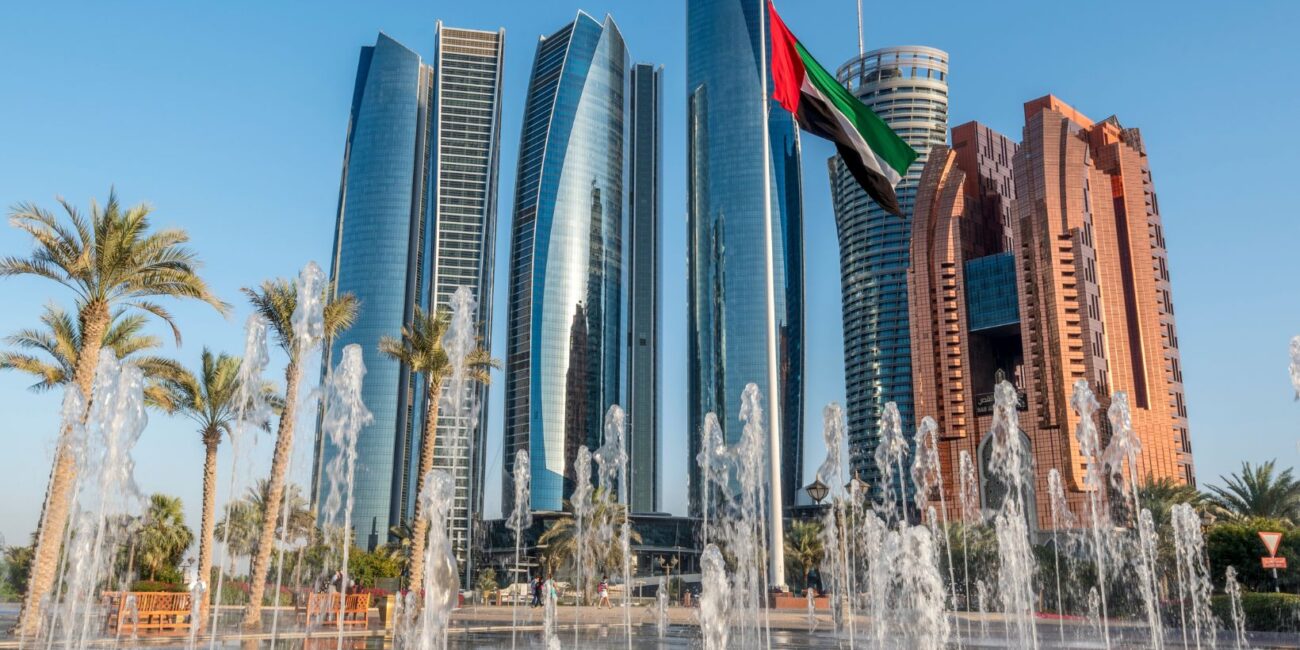Wills in Abu Dhabi provide a legal framework to distribute assets according to personal wishes. Our guide explains why wills are essential, who can register them, and how to prepare one. It covers key aspects like eligibility, asset coverage, and the registration process to ensure clarity for residents and expats in Abu Dhabi.
Why Are Wills Important in Abu Dhabi?
Wills are important in Abu Dhabi because they ensure assets are distributed as intended after death. Without a will, Sharia law may apply, potentially leading to outcomes that differ from personal preferences. A registered will avoids legal complications for heirs and protects dependents. For example, expats with property or bank accounts in the UAE benefit from a will to secure their family’s future.
Who Can Register a Will in Abu Dhabi?
Anyone aged 21 or older can register a will in Abu Dhabi, including Muslims, non-Muslims, residents, and non-residents. Both UAE citizens and expats with assets in the emirates qualify. The Abu Dhabi Judicial Department (ADJD) oversees the process, ensuring legal compliance for all eligible individuals.
What Assets Can a Will in Abu Dhabi Cover?
A will in Abu Dhabi can cover assets located anywhere in the UAE. These include three main types: real estate, bank accounts, and investments.

For instance, properties in Dubai or Sharjah, savings in Emirates NBD, and shares in UAE companies can be included. Assets outside the UAE cannot be covered by an ADJD will.
How to Register a Will in Abu Dhabi?
Registering a will in Abu Dhabi involves a streamlined process managed by the ADJD. Follow these four main steps to ensure a valid will:
- Draft the will: Work with a lawyer to prepare a document outlining asset distribution.
- Translate the will: Provide an Arabic translation alongside the English version for legal compliance.
- Submit to ADJD: Upload the signed will to the ADJD portal for verification.
- Attend a video call: Verify identity and finalize registration remotely with an ADJD officer.
The process typically takes 7-10 days and requires only a valid passport and Emirates ID.
What Are the Costs of Registering a Will in Abu Dhabi?
The costs of registering a will in Abu Dhabi are affordable, starting at approximately AED 2,500.

Fees vary based on complexity and legal assistance. For example, a single will costs less than a mirror will for couples. Additional translation or notary services may increase expenses slightly.
What Happens If You Don’t Have a Will in Abu Dhabi?
Without a will in Abu Dhabi, Sharia law governs asset distribution, which may not align with personal wishes. Courts divide assets among heirs based on fixed shares, potentially delaying access for dependents. For instance, bank accounts may be frozen, and property transfers could face prolonged legal processes, causing stress for families.
How Does an Abu Dhabi Will Differ from a DIFC Will?
An Abu Dhabi will differs from a DIFC will in asset coverage, witnesses, and amendments. An ADJD will covers UAE-based assets only and requires no witnesses during registration. A DIFC will includes assets in certain foreign jurisdictions and needs two witnesses. Additionally, amending an ADJD will requires re-registration, while DIFC wills allow simpler modifications.
Why Choose Professional Will Writing Services in Abu Dhabi?
Professional will writing services in Abu Dhabi ensure legal accuracy and compliance with UAE laws. Experts guide asset identification and beneficiary nomination, reducing errors. For example, firms like MakemyWill or HK Advocates offer tailored solutions, saving time and ensuring peace of mind for clients.
Conclusion
Wills in Abu Dhabi safeguard your legacy by ensuring assets reach chosen beneficiaries. Residents and expats alike benefit from registering a will to avoid Sharia law defaults. By following the ADJD’s straightforward process, anyone over 21 can secure their family’s future. Draft your will today to protect what matters most.



